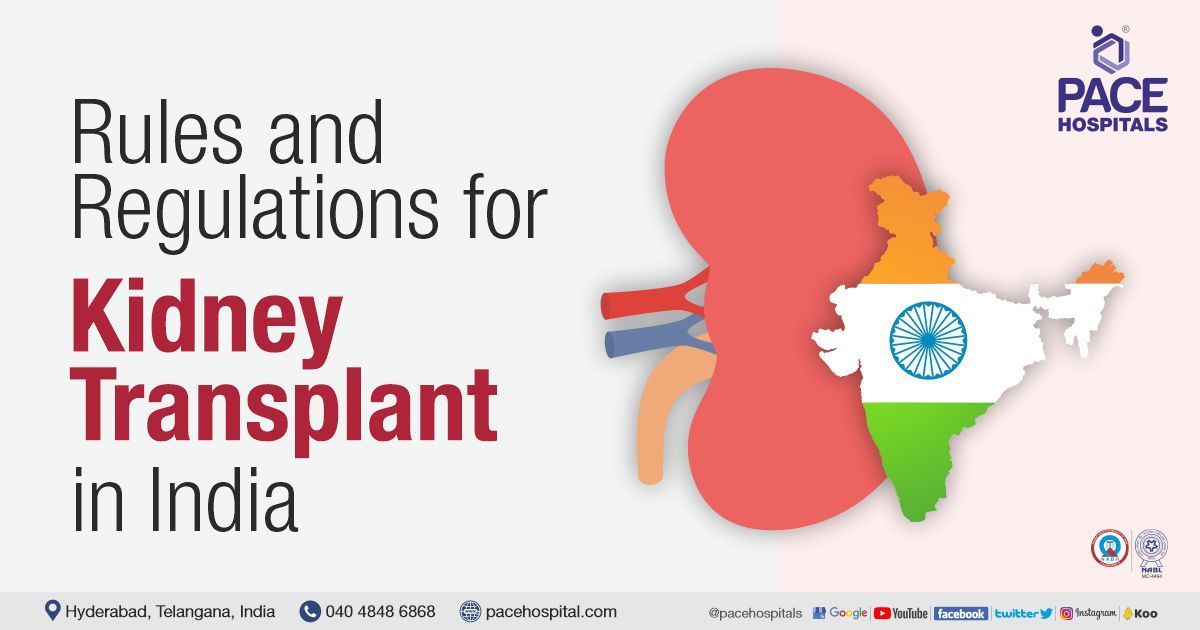Kidney Transplant Rules and Donor Types Explained by Nephrologist
PACE Hospitals

Kidney transplantation is a vital treatment for patients with end-stage kidney disease in India, and the procedure is strictly regulated under the Transplantation of Human Organs and Tissues Act (THOTA). These kidney transplant rules and regulations in India are designed to ensure patient safety, prevent the illegal trade of organs, and maintain ethical standards. Patients and families must follow legal requirements, including proper documentation, verification of the donor-recipient relationship, and approval from the Authorization Committee, especially in cases involving donors who are not near relatives, before a kidney transplant can be performed.
In this video, renowned nephrologist Dr A Kishore Kumar explains the complete process of kidney transplant in India, including the legal framework, eligibility criteria, and evaluation methods. He also discusses the two main types of kidney transplants: living donor kidney transplants and deceased donor kidney transplants and highlights the process of patient registration and donor matching. With expert guidance on rules, regulations, and donor options, this video serves as a trusted resource for patients and caregivers seeking clear information about kidney transplantation in India.
Related Articles
Share on
Request an appointment
Fill in the appointment form or call us instantly to book a confirmed appointment with our super specialist at 04048486868
Appointment request - health articles
Recent Articles














